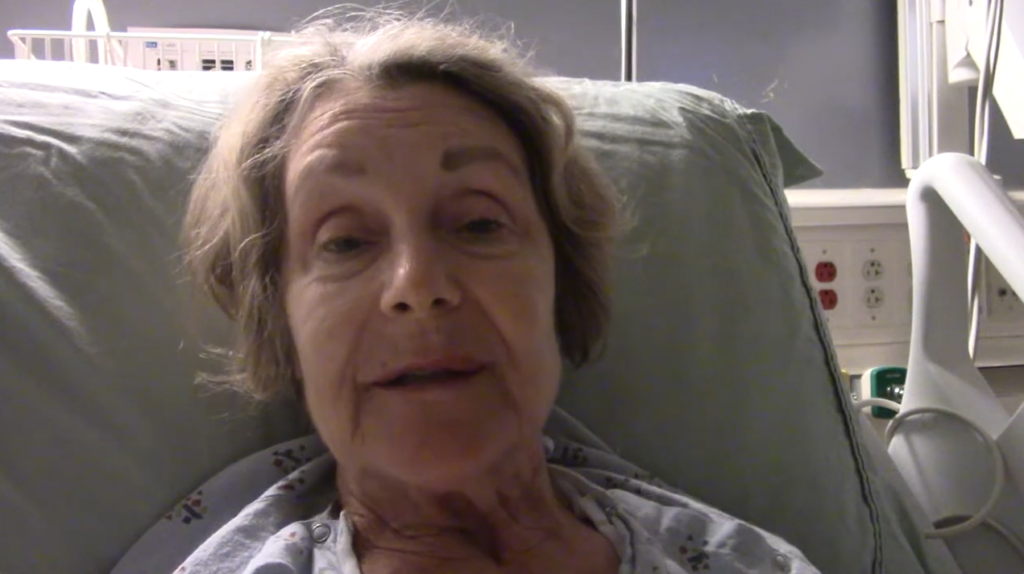Cancer – A Life Threatening, Traumatic Event
Being diagnosed with cancer severely tests and challenges your body, mind, emotions and spirit – your very perception of who you are.
From point of diagnosis, you are jet propelled into a whole new world – a world that is foreign in every way. You have entered the medical system. You are a patient or the family of a patient. For the next months or years, this will be your primary identity.
Who you were prior to diagnosis will be on hold…..and may never be the same.
In this new world, you will have to quickly learn a new language – medical terms, types of diagnostic tests, characteristics of your cancer, blood work, the significance of test results.
You will meet a host of new people – your treatment team: surgeons, oncologists, specialists, Nurse Practitioners, nurses, technicians, schedulers.
You will be in big, cold buildings with a series of rooms: waiting rooms, doctors’ offices, long corridors, elevators, crowded parking lots, rooms filled with strange machines, streams of other patients and family members.
You will have to make treatment decisions at the most fragile, frightened time of your life.
In this new world, your body and your cancer will be the focus.
Your mind, your emotions and spirit are often overlooked.
A lot of what you experience during this period of time will be frightening. And yet, you have to march forward: tests, surgery, hospitalization, chemotherapy, radiation, other types of treatment, blood work, side effects, doctor follow-up visits, referrals to other specialists, surveillance scans and more blood tests.
By and large it is a lonely experience that is filled with a series of little and big traumas that accumulate over the course of your treatment.
No matter where you are on the “Cancer Journey Spectrum,” – newly diagnosed, currently receiving treatment, thriver with “no detectable signs of cancer,” or recent metastasis of your cancer – your emotions and brain are going to be impacted.
The dynamics are the same for all cancer patients, regardless of the particular type of cancer.

